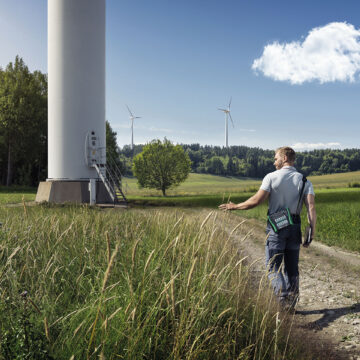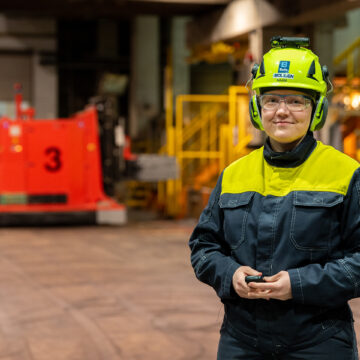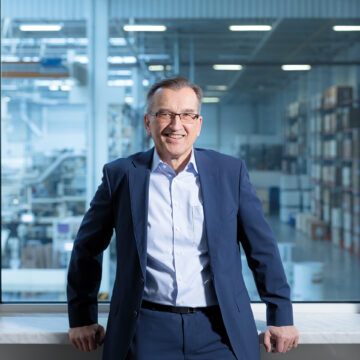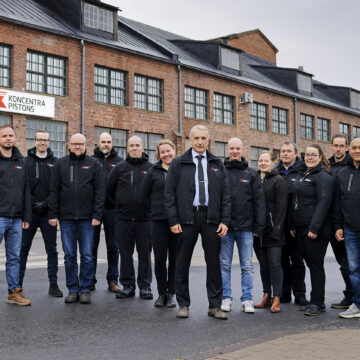
For UPM, sustainable growth comes from replacing fossil-based materials
With a growing global population, an urbanized middle-class, and raised standards of living, the demand for renewable materials is growing. Finnish forest industry company UPM offers various sustainable alternatives to fossil-based materials and energy sources. Responsibility is at the core of the company’s business and its focus is four-fold: responsibility for forests, social responsibility, local responsibility and sustainable product design.
“The forest is the be-all and end-all for our business. It renews itself and we help it. Our social responsibility encompasses our own personnel and their safety as well as every stakeholder group we work with. Our stand on human rights is the same wherever we operate. Locally, we contribute by paying taxes, offering work to employees and suppliers and by purchasing timber”, Simon Fagerudd, General Manager at the UPM pulp factory in Jakobstad describes the company’s first three responsibility areas.
For UPM, sustainable product design means utilising all parts of the wood to create renewable raw materials. The wood turns into sawn timber, pulp, energy, heat, biofuels, biochemicals, turpentine and more.
“With our by-products we can create renewable materials that can replace products that today are made out of coal, oil or gas. Our raw materials come from the forest, and we already have processes in place that can create, e.g., 100 % wood-based plastic”, Fagerudd explains.
UPM is currently building a new biorefinery in Leuna, Germany, which will only produce wood-based biochemicals used to replace fossil-based raw materials in consumer goods. One of the promising chemicals of the plant will be lignin, an entirely plant-based binding agent, which can be used in resins, glues, bioplastics and polyurethanes.
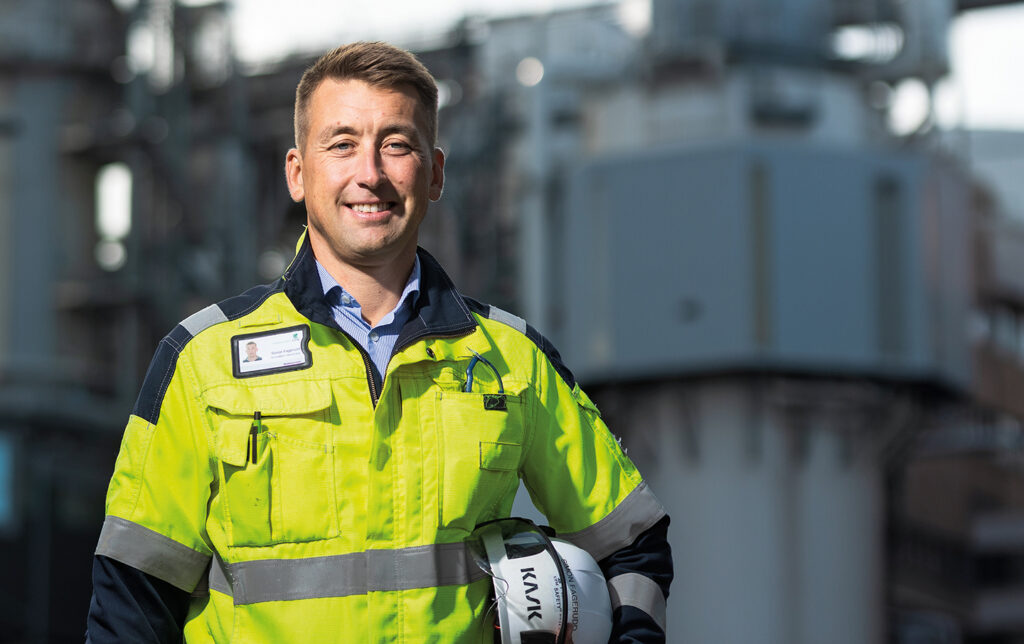
“There is a strong driving force right now to find renewable materials from new sources. Our biorefinery investment opens new markets for us with considerable growth potential – a definite upside to our sustainability work”, says Fagerudd.Caption: “By using all parts of the wood to develop new renewable raw materials, UPM is contributing to a sustainable future”, Simon Fagerudd explains.


